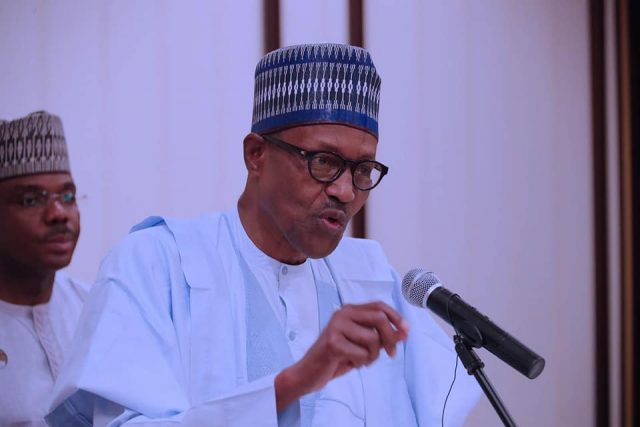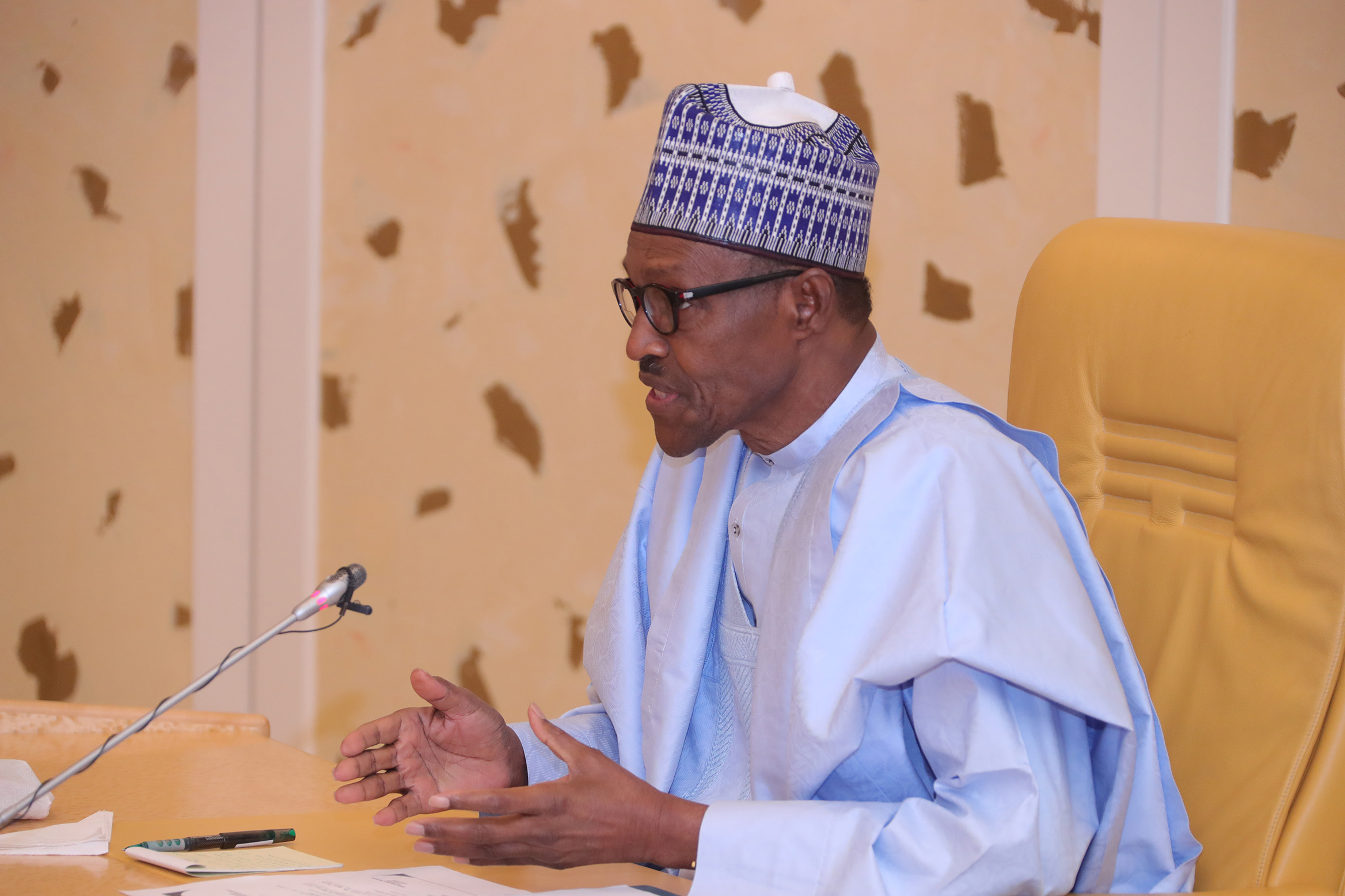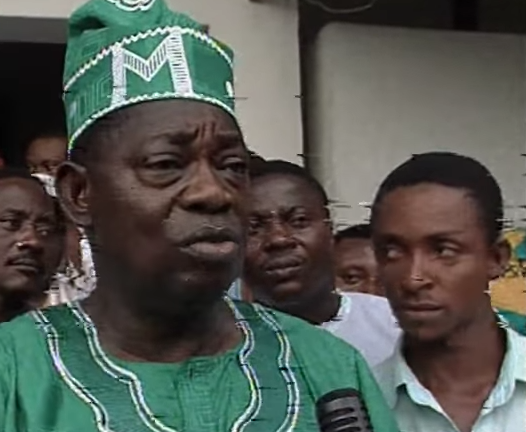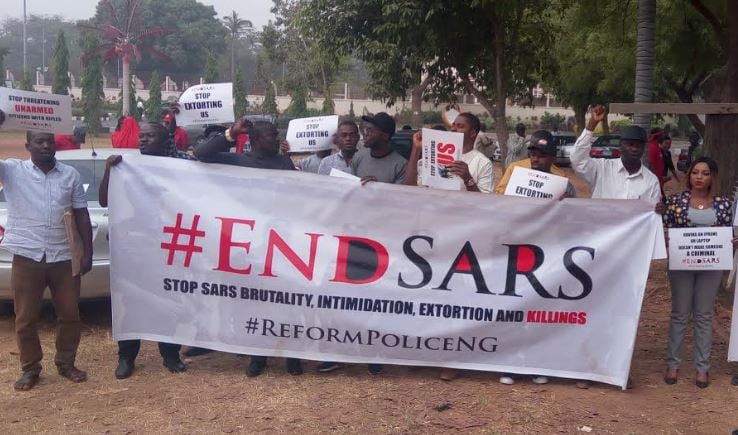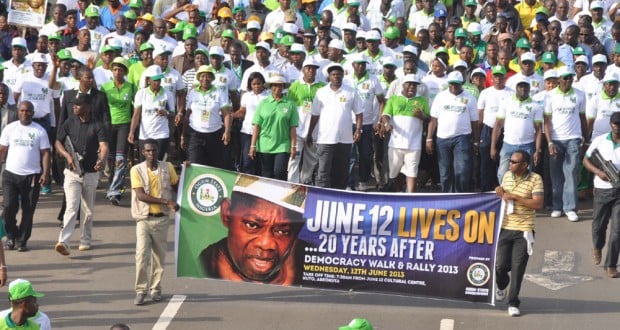At critical times, even the worst of governments are never in short supply of maverick game-changers who suddenly reconfigure the game in the middle of a tempest. Such persons spin a yarn that holds the crowd spellbound and in many cases, succeed in upturning the prevailing narratives. In many regards, the tactics they deploy conform to the theory of hegemony, a fundamental ruling class weapon of maintaining social and political control over the people. A brainchild of Italian Antonio Gramsci who devised it while in Mussolini gaol, with hegemony, the ruler gains legitimacy by saturating the minds of a people he wants to subjugate with appeals to their cultural values. Once the right chemistry of mind manipulation is secured, the people can be thus ruled indefinitely.
In perfecting this weapon of domination, Robert Greene’s 48 Laws of Power also comes in handy. Relying heavily on Machiavelli, Greene’s laws dominate the thinking of many rulers in the world today. For example, strike the shepherd and the sheep will scatter is a popular law of power in Greene’s. But if you make use of the converse of that law, as in, hail the shepherd and the sheep will gather, you will surely get a logical corollary that can be used as an appeal in crowd-baiting management.
Thus, whoever is the author of President Muhammadu Buhari’s political stunt of declaring the June 12, 1993 presidential election a National Day and bestowing a GCFR on MKO Abiola, GCON on Baba Gana-Kingibe and Gani Fawehinmi, must be a strong student of Greene, Gramsci and Machiavelli combined. At a time when his acclaim and electoral worth had sagged to an all-time low, Buhari’s pleasantly-shocking declaration reverberated round the nooks and crannies of the country. It is unarguably the most-talked about issue on the front burner of national discourse today. For a very volcanic South West where Buhari’s rating had almost dried up, the June 12 declaration is generating Babel of opinions, culminating in some people suddenly finding in the Daura-born former military dictator a missing democratic Messiah.
You cannot really blame Abiola’s kinsmen for suddenly flinging the cymbals in praise of a man who, only a few days ago, epitomized to them the worst of Nigerian leadership. On account of the June 12 election and its annulment, the Yoruba really suffered. Beginning with the scores of protesters felled by Ibrahim Babangida and Sani Abacha’s police goons on Lagos streets, to the horrifying fates their leaders suffered in the hands of both despots, a sense of annihilation and even alienation from Nigeria grew over the years in the people. Added to the scores of betrayal by several of its icons and an inexplicable loath of the watershed event by their own son, Olusegun Obasanjo, the South West remembered June 12 with nostalgia. But a combination of hegemony, Greene’s law of power and what I call, a deep lap-up of the tactics of Jimoh Ishola, popularly known asEjigbadero, a notorious land grabber in the 1970s Lagos, seems to be what is saving Buhari from the electoral noose woven round his neck.
Advertisement
Ejigbadero was like a mascot in Papa Ajao, Mushin, Agege and Alimosho areas of Lagos. Believed to be an Ibadan man, Ejigbadero was also the Chief Executive of Jimsol Nigeria Limited, a company that specialized in nail manufacturing on Matori Road, Mushin in the 70s and was a land baron of note who was dreaded for his shrewd disposition towards lands. He had sold land to a man simply known as Raji Oba in Alimosho and wanted to retrieve it from him.
Thus, on August 22, 1975 which incidentally was his child-naming day, Ejigbadero, an illiterate, perfected the plan to dispossess Oba of the land. He had a bandstand at the front of his house and a huge crowd which had come to celebrate with him. He came out resplendently dressed and sprayed a huge wad of Naira notes on the face of the musician, enough to arrest the crowd. Amid hails, Ejigbadero retreated into his house, changed into a French Safari suit, a gun tucked in his pocket and hopped inside his Peugeot 504 saloon car. Through the back entrance, he and six of his thugs sped to Alimosho where he confronted Oba and shot him point blank in the head.
Ejigbadero came back home, changed into his resplendent dress and sprayed noticeable cash again. Unfortunately for him however, the deceased’s wife, Sabitiu recognized him from where she was hiding. He was subsequently arrested by the police and slammed with a two-count charge of murder. Ejigbadero’s alibi was that he never left the party which dragged on from 6.30 pm till the wee hours of the morning on August 23, 1975. From the High Court judgment of guilt and hanging by the neck which was pronounced on him by Justice Ishola Oluwa who recently celebrated a centenary on earth, to his appeal presided over by Justices Mamman Nasir, Adetunji Ogunkeye and Ijeoma Aseme, down to the Supreme Court where Justices Darnley Alexander, Atanda Fatayi-Williams, Ayo Irikefe, Mohammed Bello and Chukwunweike Idigbe held turf, on October 22, 1978, Ejigbadero was found guilty and sentenced to death. One funny drama at the Supreme Court was that, as Justice Idigbe pronounced the lead judgment, being illiterate, Ejigbadero kept asking his lawyer, Sowemimo, Emi ni won so? (what did the judge say?)
Advertisement
To me, as desirable as it is, this sudden spin of June 12 as democracy day by Buhari is akin to Ejigbadero’s attempt to deploy weapons of deception and subterfuge, using June 12 as an alibi. Pre his presidency as a former military ruler and even three years down the line, there is nothing in Buhari which signifies alignment with the June 12 advocacy. In 25 years, he never raised a voice for it. While he was a military despot, he hated the guts of human rights activists. Fawehinmi, Fela Anikulapo-Kuti were slammed in prison at the flick of his lean fingers and even though he is acutely asocial, there is no record of any bonding with any Yoruba man that is in remembrancers’ memory of him. But for the fact that Buhari won a democratic election, there is no iota of democratic credential in either his person or his belief. These and more should make the June 12 bestowment a very curious gift to the South West, something in the mould of a poisoned chalice.
Those who have suddenly canonized Buhari on account of the June 12 pronouncement are exhibiting an abiding penchant for the highly talked-about short memory of the Nigerian electorate and a reversible mind similar to the Roman plebeian audience. Such people are always ready suckers for governments and persons who see the electorate as bendable. It is similar to a governor at the heat of political travails suddenly releasing billions of Naira to pensioners.
More importantly, there are very pertinent questions to ask about this Democracy Day declaration. Was it a spur-of-the-moment thought, an off-the-cuff idea of a presidential maverick who sold a supposed 2019 joker to capture the South West to the Villa which the latter mopped up unquestionably? The motley of errors in the President’s letter declaring June 12 as Democracy Day – of date and grammar – are too belittling of the office and indicate a needless scramble to outwit a frustration. Or was “distract” a Freudian slip that military Generals are known by, distraction indeed the intention? The fact that May 29 was celebrated barely a week ago is also a pointer to the probability that this declaration was not a well-thought-out decision. The question is also being asked if Buhari, in his inexplicable hurry, skipped the process of awarding the GCFR. If he did, was it done deliberately or it is a symptom of an abiding impatience for process?
Another question to ask is why Buhari is fast assuming the toga of a “postdate” President. While signing the Not Too Young to Run bill into an Act a few weeks ago, he had asked that the Act shouldn’t take effect from his presidency.June 12 as Democracy Day too will not take effect from this year; so says the President’s letter. Was there a hidden agenda in all these?
Advertisement
Methinks the three prongs upon which Buhari should be assessed are the tripodal issues he campaigned with, to wit anti-corruption, economy and security. On each of the scores, only a jaundiced assessor would give him an average score. As laudable as the pronouncement of June 12 as Nigeria’s democracy day is, it is apparently an image-laundering gambit. Does it approximate restructuring which the South West is at the forefront of its campaign? Other than its symbolism, will it give us a good country? For a man who has presided over the highest shed of blood in Nigeria, aside the bloodshed of the civil war, under whom the economy is in fits and starts and who wears the lapel of anti-corruption over a cotton-white apparel while sharing space with maggots in the sewage, the June 12 declaration is too cheap a gambit to be allowed to hoodwink us.
Saraki and Nigeria’s “Big Man” god
There has been so much hoopla in the polity over the invitation extended to Senate President, Bukola Saraki by Ibrahim Idris’ Nigeria Police. A group of blood-thirsty armed robbers who killed scores of people while raiding banks in Offa, Saraki’s home state, had confessed their link with the Number Three man in Nigeria. Though they never said he armed them for the blood spillage, evidence abound that they were political thugs sent on deadly assignments of silencing voices of dissent in Saraki’s native Kwara. But due to a subsisting tiff between Saraki and Idris and an apparent political spat with President Muhammadu Buhari, negative linkages were made between the invitation and its motive. While it moderated the mode of defence sought, the police still maintains that Saraki has a case to answer.
Those who have been cudgeling Idris for his temerity at inviting such a big shot are apostles of our ancient bow at the feet of the god called the Nigerian Big Man. Otherwise, this is the route to go. From all the evidence the police have tendered, Saraki and his lickspittle governor, Abdulfattah Ahmed indeed have a case to answer. From known modus operandi of Nigerian politics, politicians and governments, Saraki and Ahmed are guilty as charged. From the First Republic down to this day, Nigerian political broth is incomplete without the major ingredient of thuggery and bloodshed. Politicians/governments procure guns and ammunition for thugs and dress them in beautiful robes. What they however fail to swallow is that a thin line demarcates the thug from an armed robber; both are united by their violent inclination. A political thug is at once a rapist, drug user, assassin, armed robber, ballot box-snatcher, bouncer and many more. In the autumn of political activities, the thug easily goes on sabbatical into armed robbery and allied vices to keep body and soul together. This was ostensibly the case with Saraki’s boys. The Nigeria police would lose the police in them if they merely cuddled Saraki’s fur-coat with all this evidence at their disposal.
Advertisement
Unless the police is still desirous of pouring libations by the groove of the Nigerian Big Man god, it should continue its interrogation of Saraki and if it finds a nexus between him and the robbers, either directly or vicariously, do us the honour of hounding the Senate President into the slammer.
Alao-Akala’s Pontius Pilate
Advertisement
Former governor of Oyo State, Adebayo Alao-Akala, celebrated his 68th birthday last week. Here is wishing him a very happy birthday. In the history of Oyo, Alao-Akala is perhaps one of the most maligned tenants to have ever occupied the Agodi Government House. Yours sincerely was arguably his greatest traducer while he occupied Agodi. Until we met last year at a book launch in Ibadan, we never met. We had however acquired a tome of mutual enmity and disdain for each other. We both briefly did a comparative analysis of our perception of each other and I must say, I came out of the encounter sobered. He asked me some pertinent comparative questions and quipped that he doesn’t abandon those who bite the bullet for him. In and out of government, Alao-Akala was like a construct that you could not but hate. We thought he approximated the lowest a government leader could go. But years down the line, with benefit of hindsight and opportunity of comparison, the former governor indeed deserves a beatification and an apology from Oyo State people. Let me be the first to play a Pontius Pilate on Alao-Akala.
Advertisement
Views expressed by contributors are strictly personal and not of TheCable.
Add a comment

